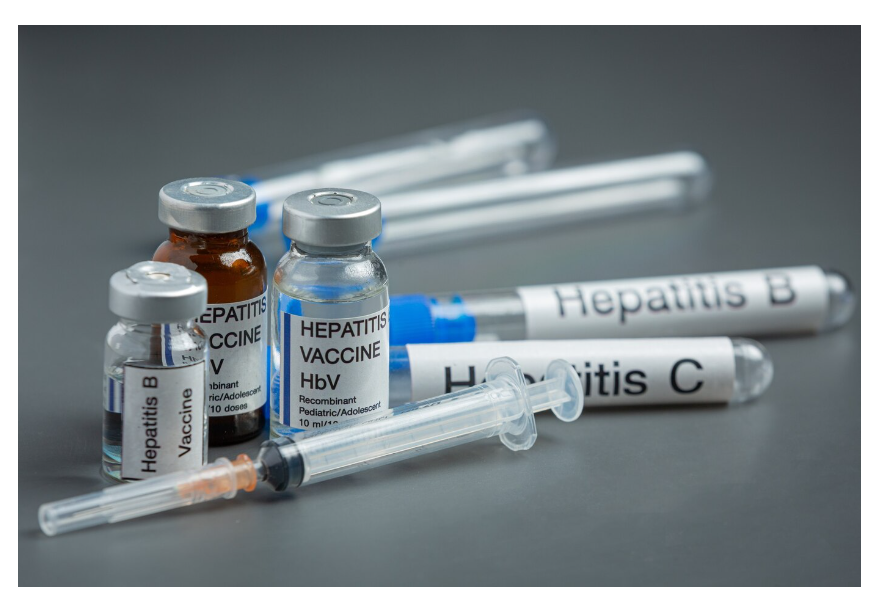
Hepatitis B: Transmission, Prevention, and Vaccination
Introduction: Hepatitis B is a viral infection that affects the liver, but with the right knowledge and precautions, you can protect yourself and others. Let’s dive into the basics in simple terms.
Transmission:
Hepatitis B is spread through contact with infected blood, semen, or other body fluids. This can happen through:
- Unprotected sex with an infected person
- Sharing needles or syringes with someone who has the virus
- From an infected mother to her baby during childbirth
- Sharing personal items such as razors or toothbrushes with an infected person
Prevention:
Fortunately, there are steps you can take to reduce your risk of hepatitis B:
- Practice safe sex: Use condoms correctly and consistently, especially if you have multiple sexual partners or engage in high-risk sexual activities.
- Avoid sharing needles: If you use drugs, never share needles or other drug paraphernalia.
- Get vaccinated: The hepatitis B vaccine is safe and highly effective. It’s usually given as a series of three or four shots over several months.
Vaccination:
The hepatitis B vaccine is recommended for:
- All infants at birth
- Children and adolescents who were not vaccinated at birth
- Healthcare workers and others at risk of exposure to blood or body fluids
- People with certain medical conditions or lifestyles that put them at higher risk
The vaccine stimulates your immune system to produce antibodies that protect you against hepatitis B infection. It’s one of the most effective ways to prevent the spread of the virus and its potentially serious consequences.
Conclusion:
Hepatitis B is a serious but preventable disease. By understanding how it’s transmitted, taking preventive measures, and getting vaccinated, you can significantly reduce your risk of infection and protect your liver health.
To seek medical advice, always consult a Doctor.
Here are our recommended experts. Click here
To read more on Respiratory disease .



